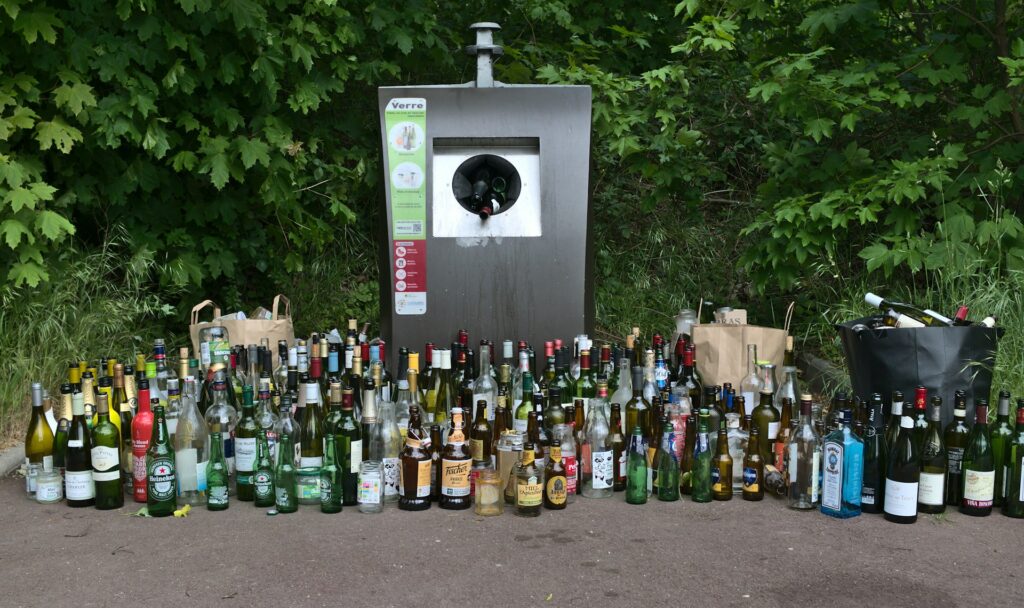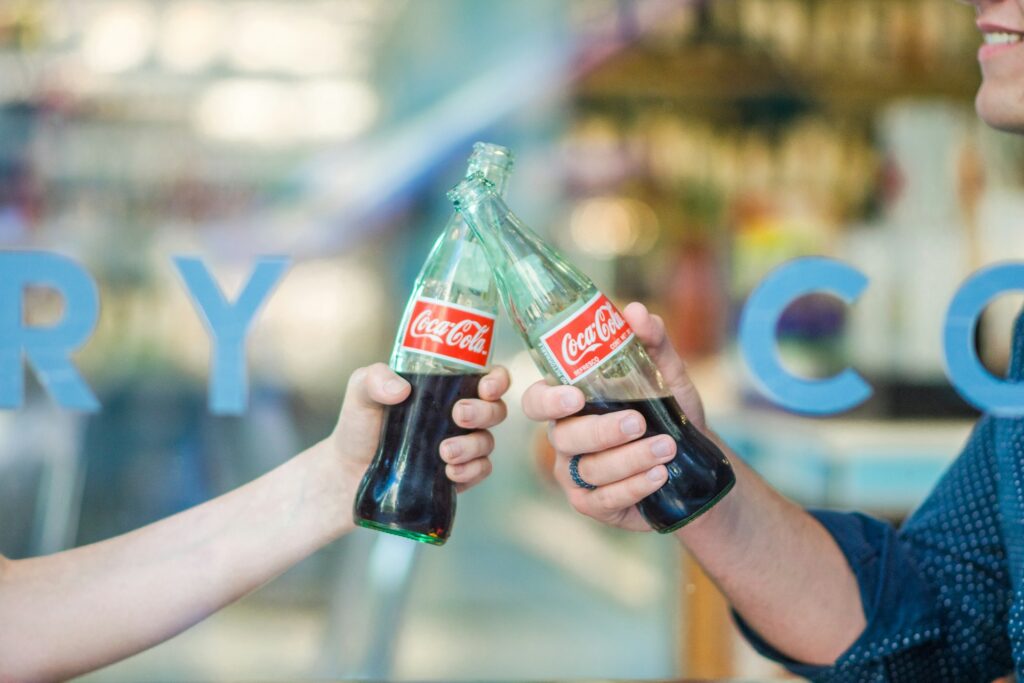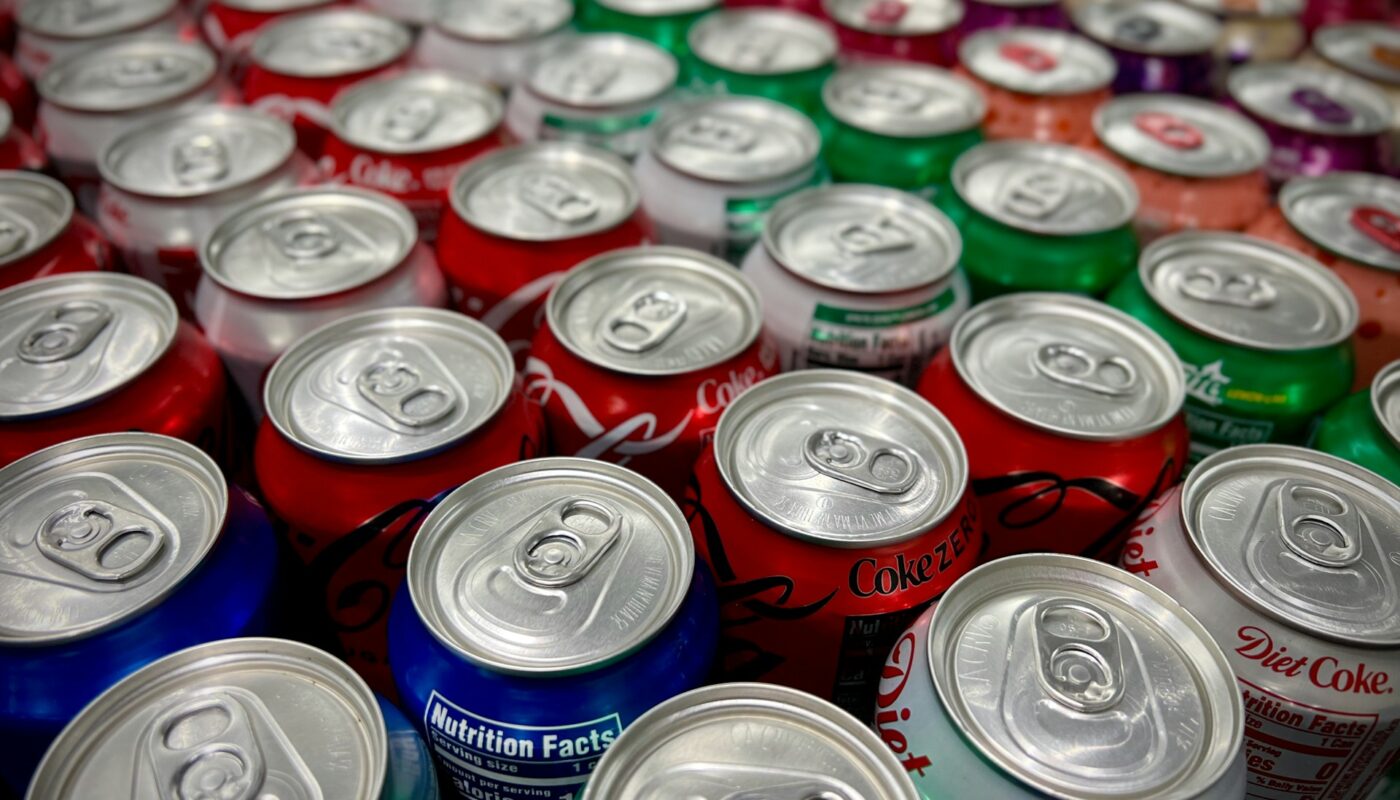The Michigan bottle deposit law, instituted in 1976, has long been one of the most effective in the United States for reducing litter and encouraging recycling. Now, State Senator Sean McCann (D-Kalamazoo) aims to modernize and expand this system. His newly introduced legislation, Senate Bill 1112, proposes a sweeping update, seeking to make Michigan’s law more comprehensive and environmentally impactful. If passed, the legislation would lead to a public vote in 2026 on extending the deposit system to nearly all beverage containers under one gallon while maintaining the existing ten-cent deposit. An accompanying bill, Senate Bill 1113, earmarks $60 million to ensure smooth implementation of the expanded system.
Understanding Bottle Deposit Laws and Their Global Impact

Bottle deposit laws, often called “bottle bills,” work by adding a small refundable deposit to the purchase price of beverage containers. Consumers can reclaim this deposit upon returning their empty containers for recycling. These laws exist in several states and countries, showing remarkable success in improving recycling rates and reducing litter. States with such laws report recycling rates often double those without them, while nations like Germany boast even higher figures due to more expansive systems. Michigan’s law has long stood out, yet McCann believes the state can lead even further.
Analysis of Michigan’s Current Bottle Deposit Law
Michigan’s current law, covering carbonated beverages like soda and beer, charges a ten-cent deposit per container. The law has been successful, achieving one of the highest recycling rates in the country—around 89%. However, critics note several limitations, including its focus on only carbonated beverages, leaving out non-carbonated drinks like bottled water, teas, and sports drinks. Furthermore, concerns about container fraud and redemption center inefficiencies have been cited as areas needing improvement.
Proposed Expansion of the Law by Senator McCann
Senator McCann’s proposed legislation would substantially broaden the scope of containers covered under the law. Senate Bill 1112 calls for deposits on all beverage containers under one gallon, such as water bottles, iced tea, juice, and other drinks. The aim is to ensure more uniform recycling while keeping the current ten-cent deposit. Environmental groups anticipate a major increase in recycling rates, reducing litter across Michigan’s parks, streets, and waterways. If approved, the proposal would go to a public vote in 2026, giving residents a voice in shaping Michigan’s recycling future.
Learning from Other States and Countries with Successful Programs

Other regions have achieved success through comprehensive bottle deposit systems. For example, Oregon’s expanded program includes a broad range of containers and has seen increased redemption rates. In Europe, countries like Norway and Germany employ advanced automation and consumer incentives, leading to extremely high recycling compliance. Michigan could draw lessons from these models, improving its infrastructure and public engagement.
Modeled on Maine’s Bottle Law
Maine’s bottle law is one of the most comprehensive in the country, covering a wide range of beverage containers, including beer, wine, spirits, soda, water, iced tea, and non-carbonated drinks. The law applies to containers made of plastic, metal, or glass, with a few exceptions, such as certain dairy products. The deposit fee is typically $0.05 per container for most beverages. Containers for spirits and wine carry a higher deposit of $0.15. Consumers pay the deposit when purchasing beverages and can redeem it when they return the empty containers to a redemption center or retailer.
Potential Challenges and Opposition to the Proposed Expansion
While McCann’s proposal has received praise, challenges are anticipated. Some industry groups and businesses fear higher operational costs and logistical hurdles. Retailers may need more resources to handle increased returns. Additionally, opponents argue the plan could burden low-income residents unless proper accessibility measures are in place. Policymakers must weigh these concerns carefully, balancing industry input with environmental goals.
Public Response and Support for the Expansion
Initial responses from environmental advocates and concerned citizens indicate strong support for the proposed changes, citing the law’s potential to significantly reduce waste and promote a circular economy. However, industry stakeholders, including bottling companies and grocery associations, have voiced reservations about implementation costs and the impact on supply chains. Engaging with diverse stakeholders will be critical for achieving widespread support.
Final Thoughts About Expansion to Michigan Bottle Deposit Law
Senator McCann’s proposed expansion of Michigan’s bottle deposit law represents a pivotal opportunity to boost recycling, reduce litter, and create a more sustainable state. As public and legislative discussions continue, Michigan residents have the chance to play a key role in shaping their environmental legacy through this initiative.
Explore More News & Feature Stories From ThumbWind Publications
- Off the Grid in Your Cabin Or Cottage – 6 Areas to Master For Marvelous Lake Living
- Top 7 Best Areas in Michigan To Own A Cottage
- Michigan Stories
Your Turn – Was this Story a Hit?, or a Miss? – We Want To Hear From You
Please offer an insightful and thoughtful comment. Idiotic, profane, or threatening comments are eliminated without remorse. Consider sharing this article. Follow us to have other feature stories fill up your Newsbreak feed from ThumbWind Publications.
As an Amazon Associate, I earn commission from qualifying purchases.



